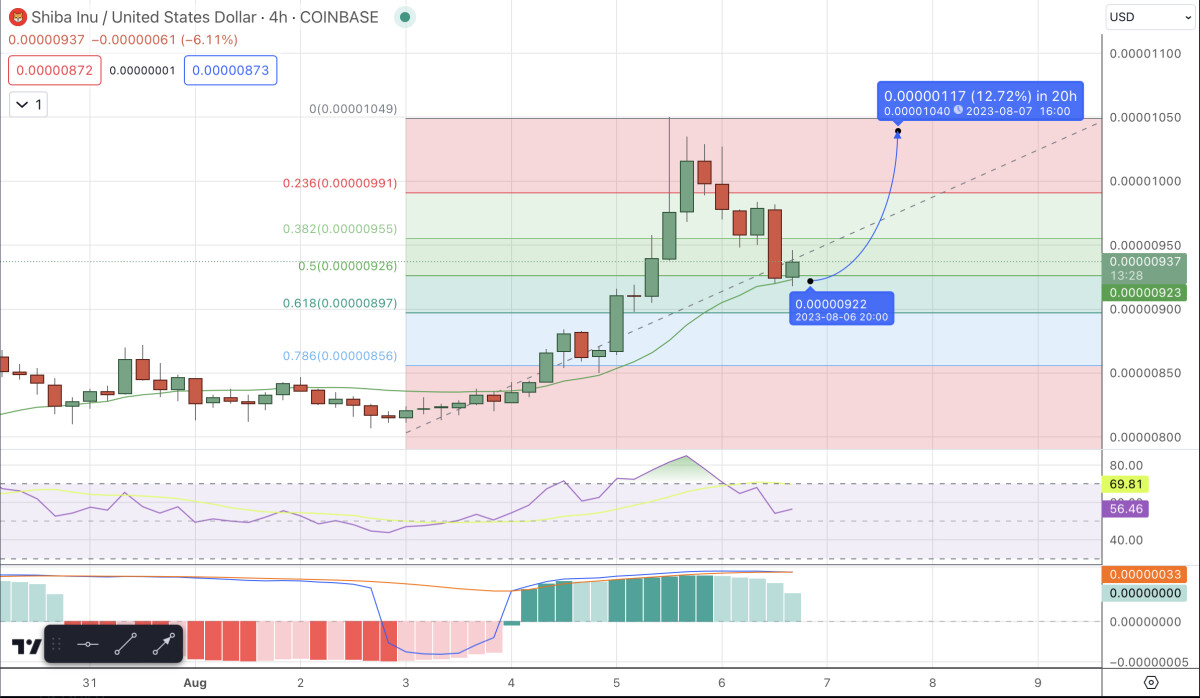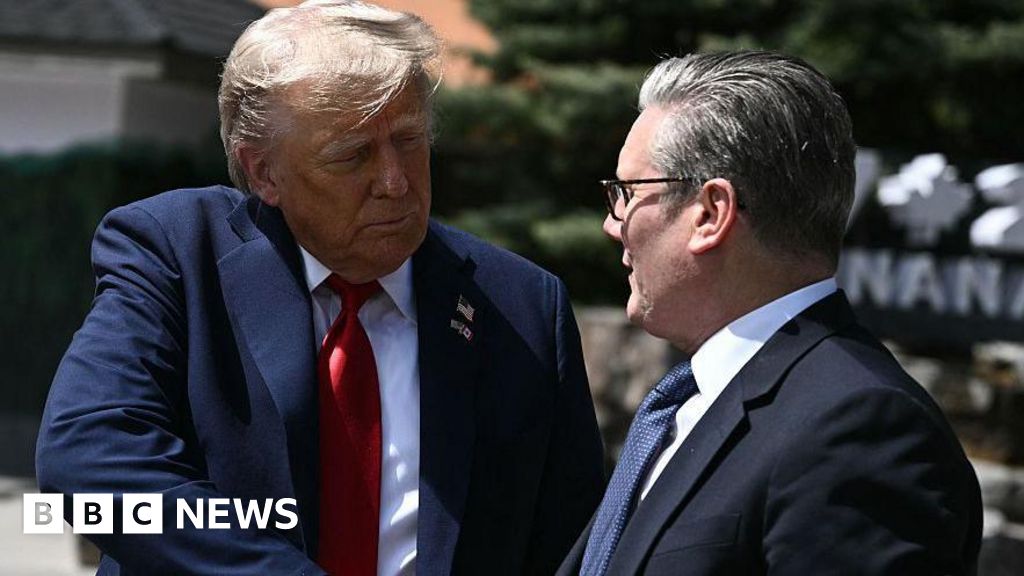Receive free War in Ukraine updates
We’ll send you a myFT Daily Digest email rounding up the latest War in Ukraine news every morning.
Europe’s biggest companies have suffered at least €100bn in direct losses from their operations in Russia since President Vladimir Putin’s full-scale invasion of Ukraine last year, according to analysis by the Financial Times.
A survey of 600 European groups’ annual reports and 2023 financial statements shows that 176 companies have recorded asset impairments, foreign exchange-related charges and other one-off expenses as a result of the sale, closure or reduction of Russian businesses.
The aggregate figure does not include the war’s indirect macroeconomic impacts such as higher energy and commodities costs. The war has also delivered a profit boost for oil and gas groups and defence companies.
Moscow’s decision to seize control of the Russian businesses of gas importers Fortum and Uniper in April, followed by the expropriation of Danone and Carlsberg last month, suggests more pain lies ahead, according to analysts.
More than 50 per cent of the 1,871 European-owned entities in Russia before the war are still operating in the country, according to data compiled by the Kyiv School of Economics. European companies still present in Russia include Italy’s UniCredit, Austria’s Raiffeisen, Switzerland’s Nestlé and the UK’s Unilever.
“Even if a company lost a lot of money leaving Russia, those who stay risk much bigger losses,” said Nabi Abdullaev, partner at strategic consultancy Control Risks. “It turns out that cut and run was the best strategy for companies deciding what to do at the start of the war. The faster you left, the lower your loss.”
The heaviest costs of withdrawal are concentrated in a few exposed sectors. Those with the biggest writedowns and charges are oil and gas groups, where three companies alone — BP, Shell and TotalEnergies — reported combined charges of €40.6bn. The losses were far outweighed by higher oil and gas prices, which helped these groups report bumper aggregate profits of about €95bn ($104bn) last year. Defence companies’ shares have been buoyed by the conflict.
Utilities took a direct hit of €14.7bn, while industrial companies, including carmakers, have suffered a €13.6bn blow. Financial companies including banks, insurers and investment firms, have recorded €17.5bn in writedowns and other charges.
Simon Evenett, economics professor at University of St Gallen, said: “You have a small number of companies which have taken a big hit. Once you get away from big ticket charges, the average writedown is probably fairly manageable given the limited Russian footprint.”
Looking at global investment flows into Russia, “even if Europeans were the only investors there, which they are not, the country would account for just 3.5 per cent of their total outward investments”, he said.

BP reported a $25.5bn charge, announcing three days after the invasion that it would sell its 19.75 per cent stake in state-owned oil group Rosneft.
It took TotalEnergies longer to report a total cost of $14.8bn. The French energy group has yet to write down its 20 per cent stake in the Yamal LNG project. Shell took a $4.1bn charge, while Norwegian oil and gas groups Equinor and OMV have reported €1bn and €2.5bn respectively.
German group Wintershall Dea in January said the Kremlin’s expropriation of its Russia business had wiped €2bn of cash from its bank accounts. In turn Wintershall’s owner BASF wrote down its stake in the energy explorer by €6.5bn.
Uniper, which was bailed out by the German state last year, booked €5.7bn in impairments, while Finland’s Fortum took a €5.3bn hit.
Eleven carmakers took a combined €6.4bn in charges. Renault wrote off €2.3bn after selling its Moscow plant and the stake in Russia’s Avtovaz in May 2022. Volkswagen reported a €2bn writedown and in May Moscow approved the sale of VW’s local assets, including a plant employing 4,000 people, which were still valued at Rbs111.3bn (€1.5bn) last year, according to company disclosures.
In the financial sector, France’s Société Générale threw in the towel in April 2022, selling Rosbank and its insurance activities to Vladimir Potanin, an ally of Putin, taking a €3.1bn hit in the process. But only a handful of the 45 western banks with Russian subsidiaries have exited the country, partly because of constraints imposed by Moscow.
Raiffeisen, still the largest western bank in the country, has taken €1bn in writedowns and other charges. The lender has said it is exploring a sale of its Russian unit, which it values at €1bn currently.
UniCredit, which has vowed to find a buyer for its local business, has accounted for a €1.3bn hit, while Italy’s Intesa Sanpaolo took a €1.4bn charge.
The groups still operating in Russia are taking a high-risk gamble, said Anna Vlasyuk, research fellow at KSE. The tighter exit rules introduced by Moscow since the start of the war has made expropriation likely and extracting any dividends out of these businesses is almost impossible, she said.
“Companies still there would be better off just writing the business off. I don’t think anyone is secure,” she said. “What was the pretext for appropriating Carlsberg? Is it really a national security issue? I don’t think so.”
Additional reporting by Laura Pitel in Berlin, Marton Dunai in Budapest, Patricia Nilsson and Olaf Storbeck in Frankfurt, Sarah White, Sylvia Pfeifer, Peter Campbell, Madeleine Speed, Tom Wilson and Leke Oso Alabi in London, Barney Jopson in Madrid, Silvia Sciorilli Borelli in Milan, and Raphael Minder in Warsaw.
Credit: Source link











